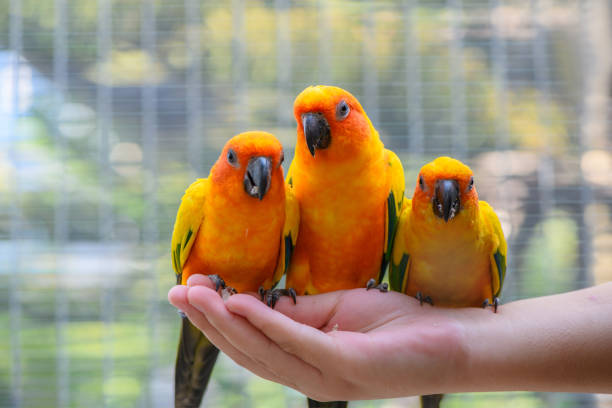Pitbulls: Understanding the Breed and Challenging Misconceptions
Pitbulls, a term often used to refer to several breeds including the American Pit Bull Terrier, American Staffordshire Terrier, and Staffordshire Bull Terrier, are a type of dog that has been surrounded by controversy and misconceptions. Despite their reputation, it is important to approach the topic with accurate information and an open mind. Let's explore pitbulls and challenge some of the common misconceptions associated with them.
- Breed Characteristics: Pitbulls are medium-sized, muscular dogs known for their strength and athleticism. They have a loyal and affectionate nature, often being referred to as “nanny dogs” due to their historical role as family companions.
- Misconceptions about Aggression: One of the most pervasive misconceptions about pitbulls is that they are inherently aggressive. However, it is crucial to understand that a dog's behavior is primarily influenced by their upbringing, training, and environment. Proper socialization, responsible ownership, and training play significant roles in shaping a pitbull's temperament.
- Media Influence: Pitbulls have received significant media attention, often portrayed in a negative light. It's important to recognize that media sensationalism and biased reporting have contributed to the perpetuation of stereotypes surrounding this breed. Generalizations based on isolated incidents can unfairly stigmatize an entire breed.
- Responsible Ownership: Responsible ownership is crucial for any dog breed, and pitbulls are no exception. Providing proper training, socialization, exercise, and a nurturing environment is essential for their well-being. Responsible owners understand the needs of their dogs and take measures to ensure they are well-cared for and receive the appropriate guidance.
- Breed Legislation: Some regions and jurisdictions have implemented breed-specific legislation (BSL) that targets pitbulls and restricts ownership. However, studies have shown that BSL is not an effective means of reducing dog-related incidents. Focusing on responsible pet ownership, education, and enforcing existing laws that hold owners accountable for their dogs' behavior tend to yield better results.
- Working Roles: Pitbulls have historically been employed in various working roles, such as search and rescue, therapy dogs, and even as police or military dogs. Their intelligence, loyalty, and trainability make them well-suited for such tasks when given proper training and guidance.
- Advocacy and Rehabilitation: Many organizations and advocates are dedicated to challenging the negative stereotypes surrounding pitbulls and promoting responsible ownership. Additionally, efforts to rescue and rehabilitate pitbulls from abusive or neglectful situations have helped showcase their capacity for resilience, forgiveness, and their potential to become loving companions.
It is important to approach discussions about pitbulls with accurate information, dispel misconceptions, and promote responsible ownership. Every dog, regardless of breed, deserves to be evaluated based on their individual temperament, behavior, and upbringing. By understanding pitbulls in their proper context, we can challenge stereotypes and appreciate these dogs for the unique individuals they are.





